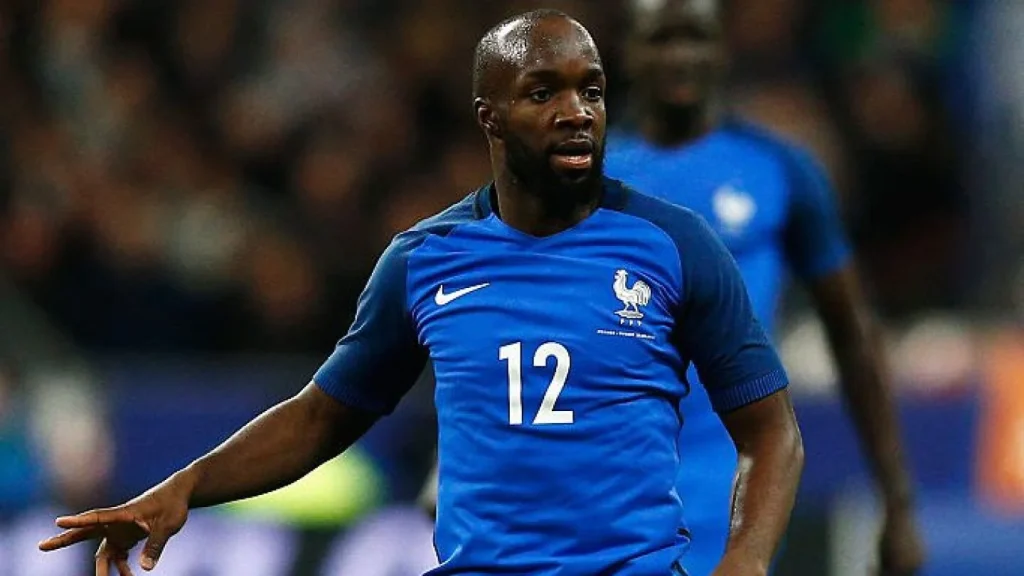The Court of Justice of the European Union (CJEU) ruled that some of FIFA’s regulations on player transfers are incompatible with EU laws, particularly in relation to free transfers. The ruling challenges FIFA’s Regulations on the Status and Transfer of Players (RSTP), which state that if a player terminates a contract without just cause, they and their new club may be jointly liable for compensating the former club.
This decision came in connection to a case involving former French footballer Lassana Diarra, who left Lokomotiv Moscow in 2014 after a contract dispute. Diarra faced significant penalties, including a €10 million damages payment ordered by FIFA, when he left the club after a salary cut and attempted to join Belgian side Charleroi. FIFA’s refusal to issue an International Transfer Certificate (ITC) effectively blocked the transfer. The CJEU’s judgment stated that such measures by FIFA create legal, financial, and sporting risks that hinder the free movement of players and violate EU laws.
#FIFPRO‘s statement on the judgement of the European Court of Justice in the case of Lassana Diarra vs FIFA. pic.twitter.com/jfQoXrLNXx
— FIFPRO (@FIFPRO) October 4, 2024
This ruling is significant because it may force FIFA to revise its transfer regulations, particularly regarding compensation rules and the process for issuing ITCs. Diarra’s case could set a precedent for other players who have faced similar restrictions, allowing them to seek damages for losses incurred due to these rules. His lawyers argued that the decision reflects long-standing issues with FIFA’s governance in Europe and will likely pressure the organization to align more closely with EU law.



 FIFA: USA government to determine World Championship city safety
FIFA: USA government to determine World Championship city safety  Infantino meets CONMEBOL leaders to discuss 64-team World Cup idea
Infantino meets CONMEBOL leaders to discuss 64-team World Cup idea 










